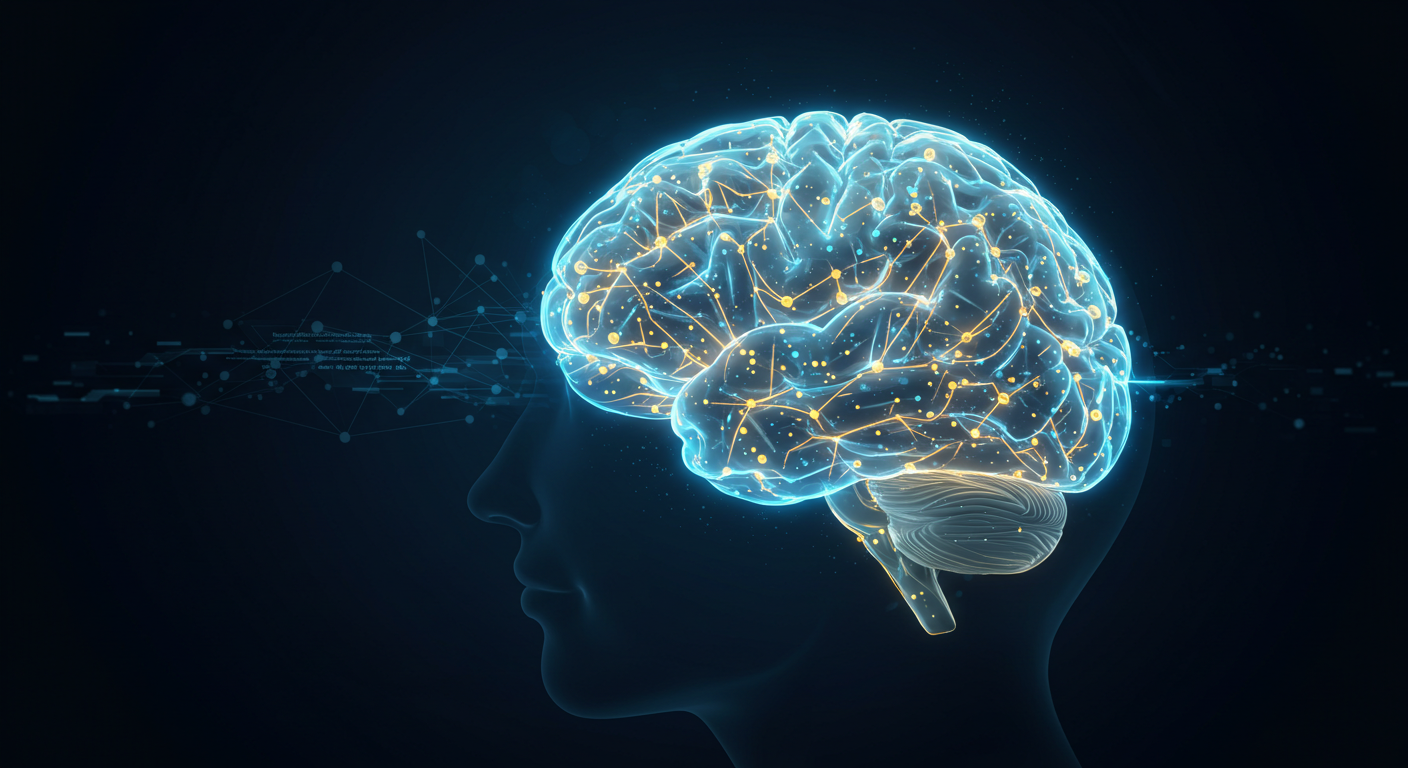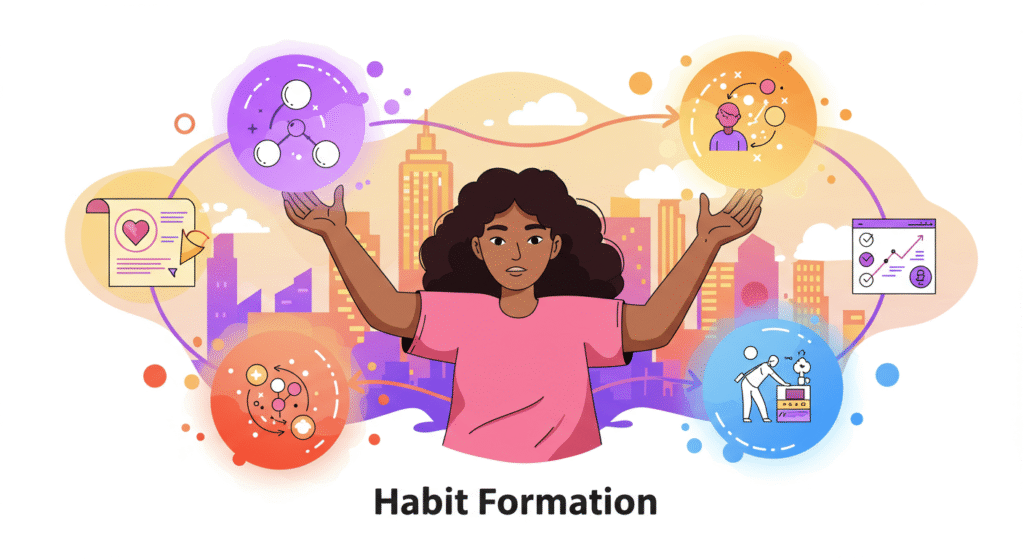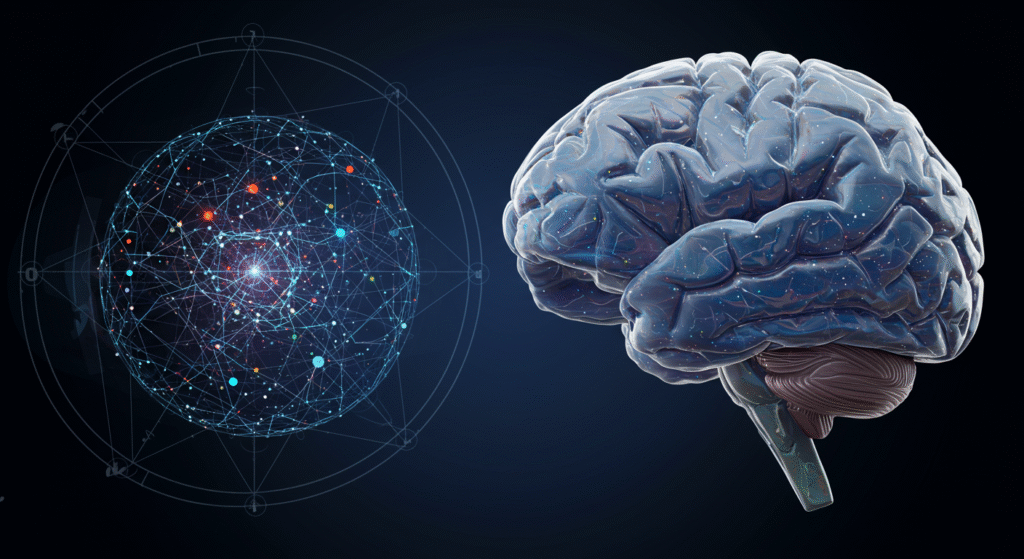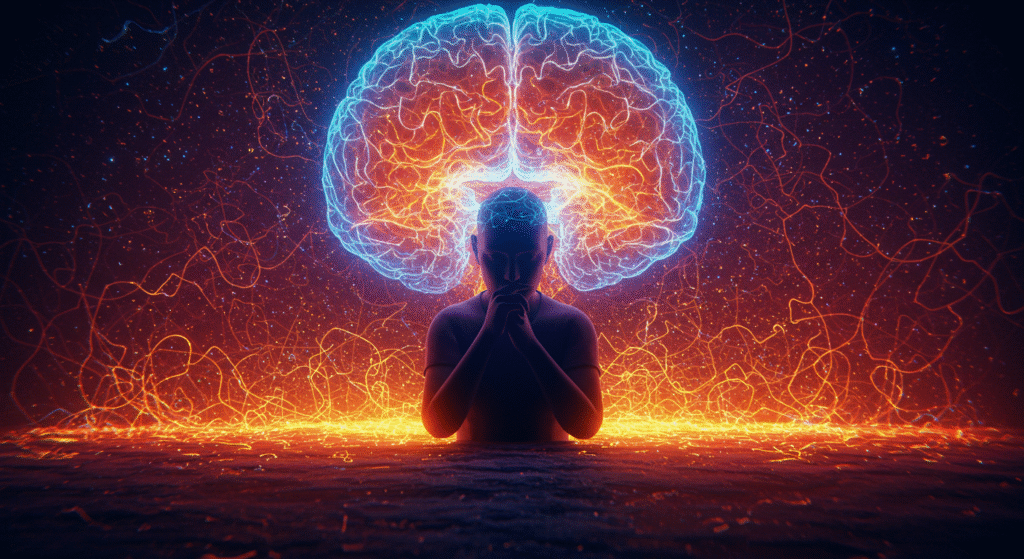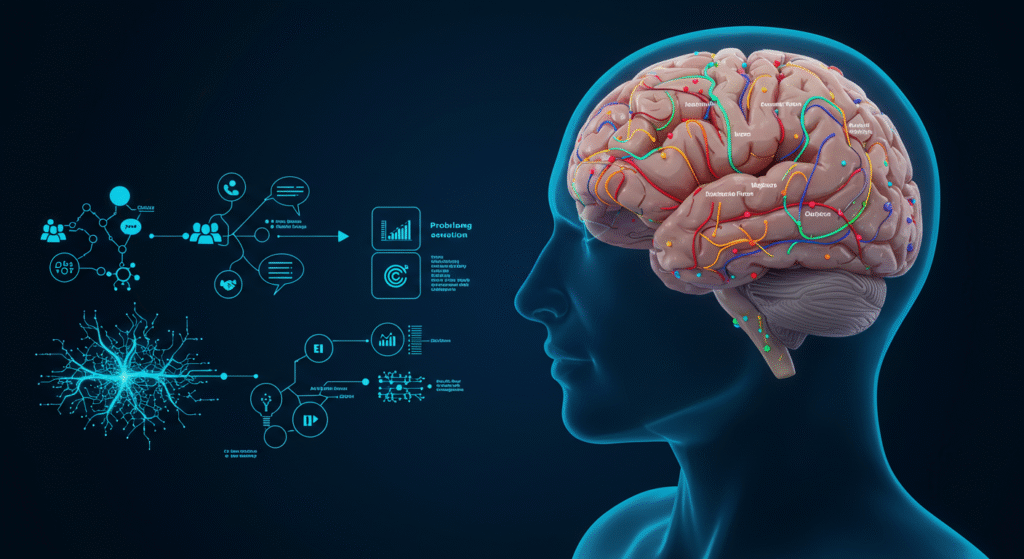Table of Contents
- Introduction to Cognitive Science
- The Role of a Cognitive Scientist
- How Cognitive Science Improves Personal Growth
- Key Concepts in Cognitive Science
- Practical Applications of Cognitive Science
- Cognitive Science and the Brain
- Overcoming Mental Barriers with Cognitive Science
- Becoming the Cognitive Scientist of Your Own Mind
- Frequently Asked Questions
- Summary Table of Key Ideas
Introduction to Cognitive Science
Cognitive science, a fascinating and dynamic field, explores how the human mind works.
It brings together psychology, neuroscience, linguistics, philosophy, and artificial intelligence to investigate processes behind memory, learning, problem-solving, and decision-making.
At its core, cognitive science examines how and why we think the way we do.
Understanding this not only deepens our knowledge of the human mind but also equips us to make meaningful changes in our lives.
Imagine understanding why you procrastinate on tasks or how your brain processes emotions.
These insights can significantly improve personal growth and productivity.
Cognitive sciences bridge the gap between abstract theory and practical application, offering tools for self-improvement, mindfulness, and clear decision-making.
This blog explores the critical role of cognitive scientists, key concepts, practical applications, and how you can harness this knowledge to fuel your growth.
By the end, you’ll have actionable insights to understand and master your mind better.
The Role of a Cognitive Scientist
A cognitive scientist is an expert dedicated to unraveling complex mental processes like perception, reasoning, and memory.
They often collaborate across disciplines, merging experiments, computational models, and psychological studies to form a clearer picture of human cognition.
Consider how cognitive scientists contribute to:
- Decision-making: Researchers analyze why people make choices under uncertainty. This enhances domains like economics and marketing.
- Artificial Intelligence: Much of AI development stems from cognitive science. Virtual assistants, for example, mimic human cognitive functions to process language and learn.
- Education: Educational psychology informed by cognitive science advances learning methods tailored to how students process information.
Cognitive scientists also play pivotal roles in mental health, developing therapies and tools grounded in understanding thought patterns.
Their research forms the backbone of techniques like cognitive behavioral therapy (CBT), widely used in treating anxiety and depression.
By observing your own cognitive processes, you too can act as a personal “cognitive scientist,” using their strategies to analyze thoughts, patterns, and behaviors.
The next few sections will explore how you can apply these principles to fuel personal growth.
How Cognitive Science Improves Personal Growth
Cognitive science holds the power to transform personal development. Here are some practical ways this field drives positive change:
- Learning Strategies: Cognitive science reveals how memory works, such as the benefits of spaced repetition. Understanding this enables you to retain information effectively rather than cramming.
- Better Decision-Making: Knowing how biases affect your choices helps you make more informed and logical decisions.
- Self-Awareness: By identifying automatic thought patterns, you can pause and redirect negative thinking.
- Conflict Resolution: Cognitive science sheds light on why emotions escalate and provides strategies to de-escalate conflicts.
- Stress Management: Techniques such as mindful meditation leverage what we know about attention control to reduce stress effectively.
For example, if you’ve struggled to adopt a new habit, cognitive scientists would point towards creating specific “habit loops” built from cues, actions, and rewards.
These frameworks rely on the evidence that the brain thrives on predictability and repetition.
By embedding cognitive science into your growth practices, you gain deeper self-awareness and the ability to work around cognitive limitations.
Key Concepts in Cognitive Science
Understanding cognitive sciences begins with grasping its foundational ideas. Here are some key terms and what they mean:
1. Attention
Attention refers to how we allocate mental resources to specific tasks or stimuli. Knowing how to control attention, such as limiting distractions during work, is vital for productivity.
2. Memory Systems
Humans rely on short-term and long-term memory. Cognitive science explores methods like association and storytelling to aid recall.
3. Neural Networks
Our brain’s neural pathways reinforce behaviors. Repeated positive actions strengthen these pathways, explaining why habits become automatic.
4. Cognitive Biases
These are shortcuts in thinking that can lead to errors. For example, confirmation bias causes us to favor information that supports our beliefs.
5. Emotional Regulation
Learning to regulate emotions through techniques like journaling or mindfulness helps in both personal and professional growth.
The exploration of these concepts demonstrates how our minds constantly process, filter, and respond to an overwhelming amount of stimuli.
Practical Applications of Cognitive Science
How can individuals apply cognitive sciences to improve their day-to-day lives? Consider the following strategies:
| Application | How It Works | Personal Benefit |
|————————–|————————————————|—————————————|
| Emotion Labeling | Naming emotions reduces their intensity. | Better emotional control and understanding. |
| Spaced Repetition | Reviewing smaller amounts over time enhances memory retention. | Improves learning efficiency. |
| Anchoring Principle | Using mental “anchors” helps narrow choices and focus. | Aids in making grounded decisions. |
| Habit Formation | Linking habits to cues and rewards creates long-lasting behaviors. | Builds productive routines. |
These principles demonstrate why cognitive science moves beyond theory to offer tangible tools for growth.
Cognitive Science and the Brain
Modern cognitive science owes much of its progress to advances in neuroscience.
Brain imaging technologies have illuminated how different parts of the brain facilitate thought, emotion, and action.
For instance:
- The prefrontal cortex handles logical planning, decision-making, and focus.
- The amygdala reacts to emotional stimuli, often triggering immediate responses.
- The hippocampus is crucial for memory formation.
Understanding the brain’s workings allows you to consciously optimize functions. Techniques like practicing gratitude or prioritizing sleep enhance neuroplasticity—the brain’s ability to adapt and change.
Overcoming Mental Barriers with Cognitive Science
Cognitive science empowers you to recognize and dismantle mental barriers such as procrastination, imposter syndrome, or self-doubt.
These obstacles often stem from inaccurate mental beliefs, often referred to as “limiting beliefs.”
Tackling these challenges includes:
- Identifying the thought pattern causing distress.
- Reframing negative thoughts into positive alternatives supported by evidence.
- Creating action steps to replace avoidance with progress.
Transforming your inner narrative can lead to incredible surges in confidence and capability.
Becoming the Cognitive Scientist of Your Own Mind
You don’t need a degree in cognitive sciences to become more self-aware. Begin by:
- Tracking Patterns: Journaling can reveal recurring emotional or behavioral themes.
- Experimenting: Treat habits and mental challenges like experiments. For instance, test how changing your morning routine impacts productivity.
- Seeking Feedback: Consult trusted friends or professionals to identify blind spots in your thinking
- Practicing Mindfulness: Regular mindfulness or meditation practices help you observe your thoughts and emotions without judgment, fostering greater self-awareness.
- Learning Continuously: Read books, attend workshops, or listen to podcasts about personal development and cognitive sciences to refine your understanding of the mind.
- Setting Intentions: Begin each day by setting clear intentions. Reflecting on these at the end of the day can unveil tendencies and areas for improvement.
- By adopting these practices consistently, you can deepen your understanding of how your mind works, leading to better decision-making, emotional resilience, and personal growth.
10 FAQs
- What is the goal of cognitive science?
To understand mental functions like reasoning, learning, and memory.
- Can cognitive science help with anxiety?
Yes, therapies like CBT are rooted in cognitive principles.
- What do cognitive scientists study?
They study mental processes, often integrating psychology, AI, and neuroscience.
4. How is cognitive science related to artificial intelligence (AI)?
Cognitive science provides insights into how the human mind works, which helps in designing AI systems that mimic human thought processes.
5. Does cognitive science involve neuroscience?
Yes, neuroscience is a key component, as it studies the brain’s role in mental functions and behaviors.
6. What careers are available in cognitive science?
Careers include roles in research, AI development, education, healthcare, and user experience design.
7. Is cognitive science an interdisciplinary field?
Absolutely, it combines disciplines like psychology, linguistics, philosophy, computer science, and neuroscience.
8. Can cognitive science improve decision-making?
Yes, it helps people understand biases and improve logical reasoning for better decision-making.
9. How does language relate to cognitive science?
Language is a vital area of study because it reveals how humans process and communicate information.
10. What tools do cognitive scientists use?
They use tools like brain imaging techniques (fMRI, EEG) and computational models to study mental processes.
| Key Idea | Description |
|---|---|
| Cognitive Science in Decision-Making | Helps individuals understand biases and enhances logical reasoning for improved decisions. |
| Language and Cognitive Science | Explores how humans process and communicate information, highlighting its importance. |
| Tools in Cognitive Science | Utilizes methods like brain imaging (fMRI, EEG) and computational models to study the mind. |
Final Thought
Cognitive science provides profound insights into the intricate workings of the human mind, influencing diverse fields such as technology, education, and healthcare.
By understanding how we think, learn, and make decisions, cognitive science equips us with the tools to address complex challenges and improve our quality of life.
